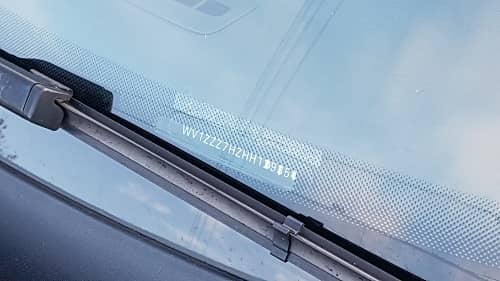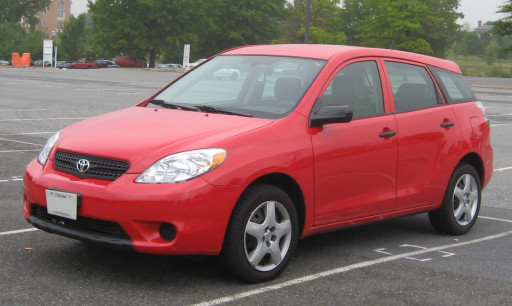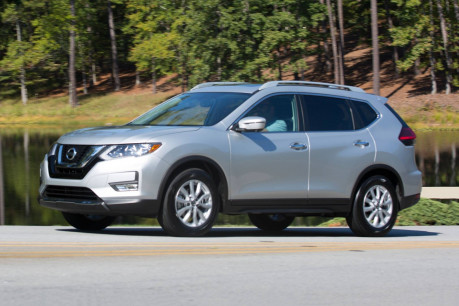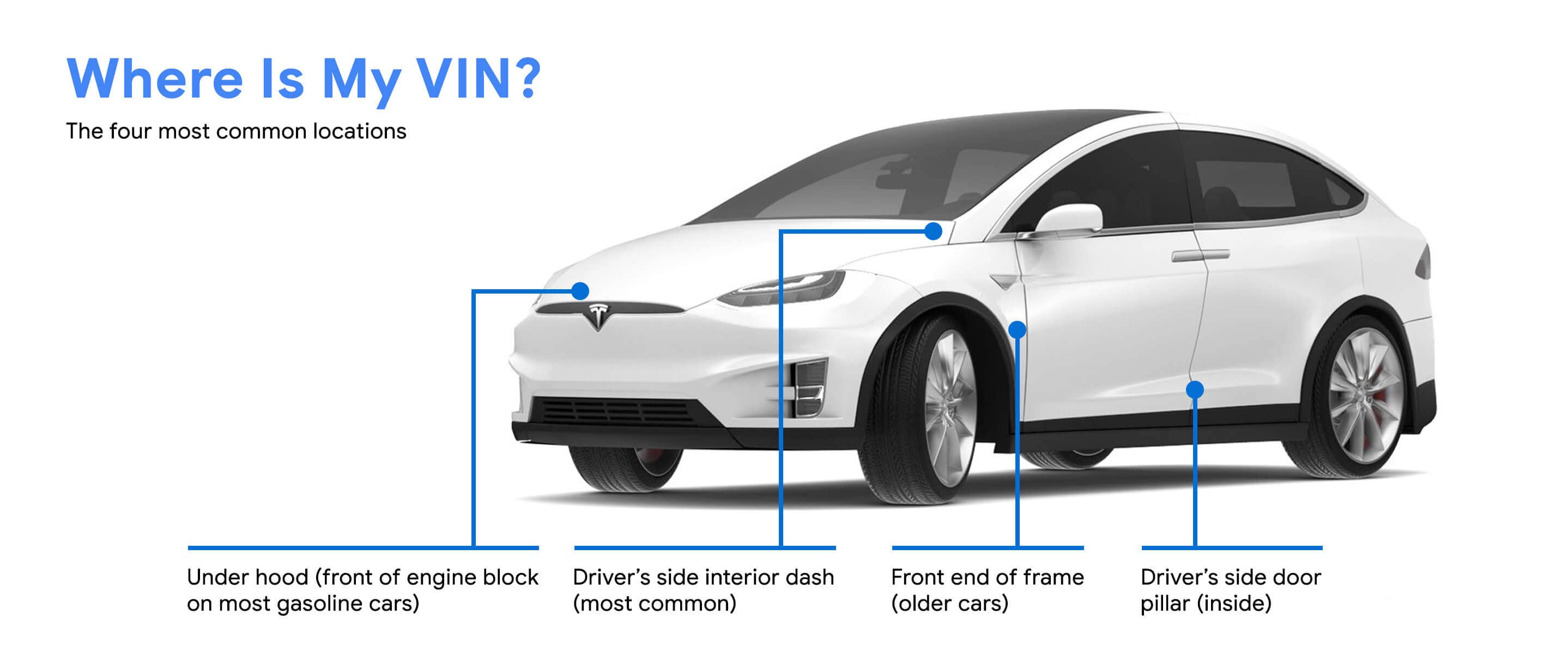Vinlookup searches for
Was your next car part of the “Cash for Clunkers” program? Skip the guessing. Learn everything about your next car from here.
Don’t be fooled by businesses trying to get rid of a vehicle harmed by fire, hale, or floods. Check your vehicle’s history before forking over your hard earned cash.
Predatory deals may not always be truthful about your car’s history. Before you pay make sure to check our proprietary data to reveal the facts about the vehicle.
Before purchasing that trade-in vehicle you should check the title for any potential issues. You can also find current and former owners of the car using the VIN.
Need to be sure your vehicle has a perfect title history? Use our search to discover each owner of your pre-owned vehicle and ensure that there are no secret lien holders out there.
Save time while looking for your ideal car by checking our vehicle detail and odometer readings report. Discover exactly what you are purchasing before you buy.
Don’t succumb to vehicle scams. Find out the actual value of a pre-owned vehicle of any year, make, and model. Vinlookup.com has everything you need with the present condition and full upkeep history.
Avoid becoming a victim to predatory sellers. Find out the real value of a second-hand car of any year, make, and model. Vinlookup.com has a vehicle’s current condition and full maintenance history.
Was your desired vehicle in the “Money for Clunkers” program? Has it been involved in any major accidents and then repaired? Stop speculating. Learn everything about your next vehicle here. Run a VIN search today to avoid buying a lemon.
Get the real facts by running a quick VIN check! Make sure that the vehicle you are buying has no outstanding recalls by using our online tool before you purchase. Our robust reports make buying a pre-owned car easy.
Has the vehicle you want to purchase had major repairs or rebuilds done in the past? Be smart and do your own investigation to find any potential issues. Just a little bit of work now can save you major headaches later.
With 1,000,000 vehicles stolen each year in the US, how do you know that your next purchase isn’t one of them? We have all the information you need to research a vehicle’s past, dealers records, past owners, and much more.
Select desired car

What’s a VIN lookup?
In 1954, the US government asked the US car manufacturers to stamp every vehicle with a unique ID and each producer had its own numbering system. This changed in 1981 as the Automobile Manufacturers Association and the United States Department of Transportation created a new, consistent standard called the Vehicle Identification Number (VIN) formed of 17 digits organized in different sequences that had separate meanings. The unified system was published in the US Code of Federal Regulations, Title 49, Chapter V, Part 565.
Also known as a VIN check, a VIN lookup is a search method that uses the VIN number to find out more information about a given car, including liens, ownership, year, make, model and more. A VIN lookup:
The VIN number appears on the Vehicle title and registration, as well as on the Insurance card/policy or on the car itself (check the driver's side of the dashboard).

How to Decode a VIN number?
The VIN number is unique (no two vehicles can share the same VIN) and it’s divided into several sections. Each sequence refers to a meaningful parameter such as country of origin, year of production, factory, maker, engine, model type, restraint types, transmission, trim, and color.
For instance, Digit 1 indicates the country of origin, with 1, 4 and 5 for the US, 3 for Mexico and 2 for Canada. The Society of Automotive Engineers assigns Digit 2 and 3 based on countries and manufacturers, with Digit 2 indicating the manufacturer, for instance: C (Chrysler), B (BMW), G (General Motors). Digit 3 combined with the first two could identify the type of vehicle: car, SUV, truck, van.
Use the basic information below to learn how a VIN check differentiates vehicles:
| Digits 1-3 | Represent the World Manufacturer Identifier (WMI) |
| Digits 4-8 | Are the Vehicle Descriptors (model, body type, engine) |
| Digit 9 | Unique check digit (security code for authenticity) |
| Digits 10-17 | Indicate the Vehicle Identification Section (VIS) |
| Digit 11 | The Manufacturer’s Plant Code |
| Digits 12-17 | Are sequential Production Numbers |
Our VIN Lookup Report Could Include:
Most Popular cars
 Details
Details
 Details
Details
 Details
Details
 Details
Details
 Details
Details
 Details
Details
